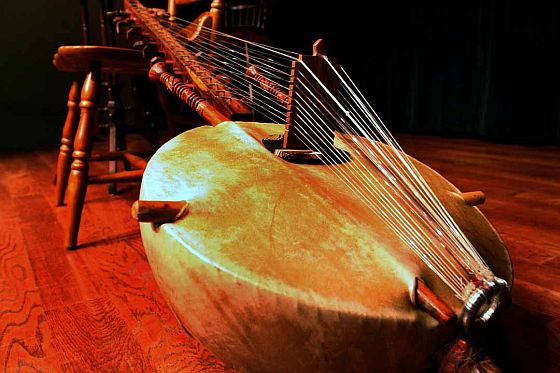
Fast food, instant messaging, plug and play, push-button publishing, drive-thru weddings, drive-thru funerals — have it all, and have it now.
We have made time our enemy.
Waiting, patience, endurance, persistence — anything that takes time, supposedly wastes time, if you believe that time must be grasped.
What this mentality expresses is a form of time deprivation — a sense that however much we do and however fast we do it, we will never have enough time. We are all time-poor and can afford to give very little of it away. Time given is time lost.
Learning how to experience time in a different way can sometimes mean having to live in a different world. For me, that opportunity came a few decades ago while living in India, where a trip to the bank could take a couple of hours, buying a train ticket most of a day, and making an international phone call might take more than a day. In such circumstances you either surrender or go insane.
There are however ways in which some people experience a much more expansive sense of time — time not even bound by one life but stretching back many generations.
Toumani Diabaté is a Malian kora player and a griot. A kora is a West African harp and a griot is a custodian of oral tradition — in Diabaté’s case by belonging to a lineage of musicians in which father taught son, one after another for 71 generations.
In the video below, Diabaté gives a solo performance demonstrating the kora’s exquisite delicacy and range, while interspersed in the music are clips from an interview in which he talks about Malian history and the role of music in the Manden Empire.
For those of us from cultures spellbound by the power of the written word, it’s difficult to appreciate the significance and value of oral traditions. The idea that knowledge could only be spoken and passed along from hand to hand — the idea that knowledge resides in the whole person and that it can only be passed on when people come in physical contact — might seem like a constraint and a deficit, restricted to people who lack more portable and reproducible mediums of communication. In contrast, we have come to believe that knowledge can be embedded in inanimate devices and that the acquisition of knowledge depends above all on access to those devices.
Most of us have not experienced apprenticeship or learned the ways in which knowledge often resides in the smallest details. This is the knowledge of craft which builds in increments through patient repetition. And as Diabaté demonstrates, knowledge acquired in this way goes far beyond the talent of an individual, becoming an aggregation of learning that spans centuries. One man becomes the vessel containing the wisdom of all his ancestors. His actions are not his alone as hands, long gone, animate those that live now.


Beautiful! Thanks!
–
very, very nice paul
thank you for that
just what i needed
i’ll pass it on
to the others
–